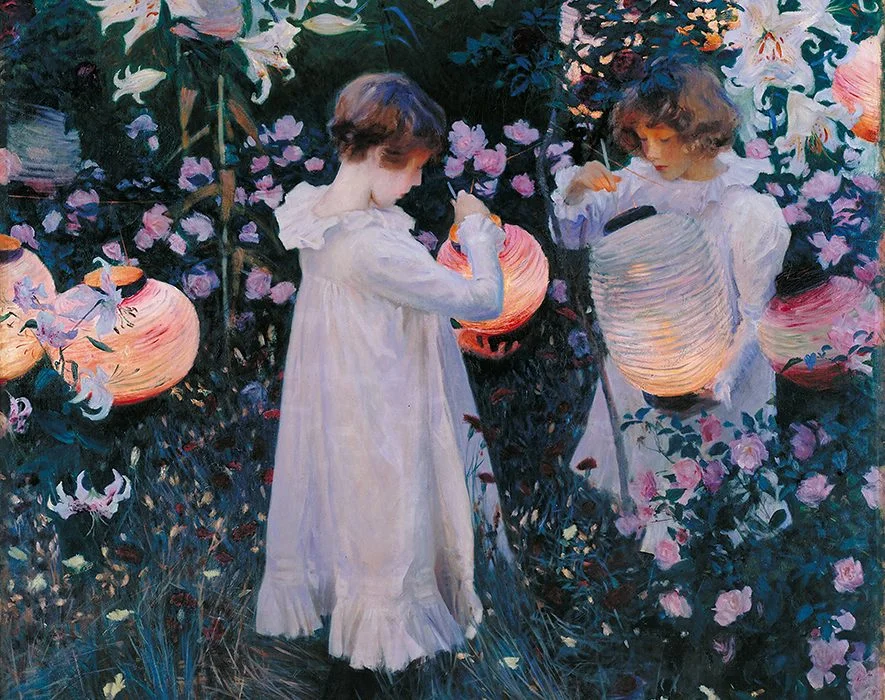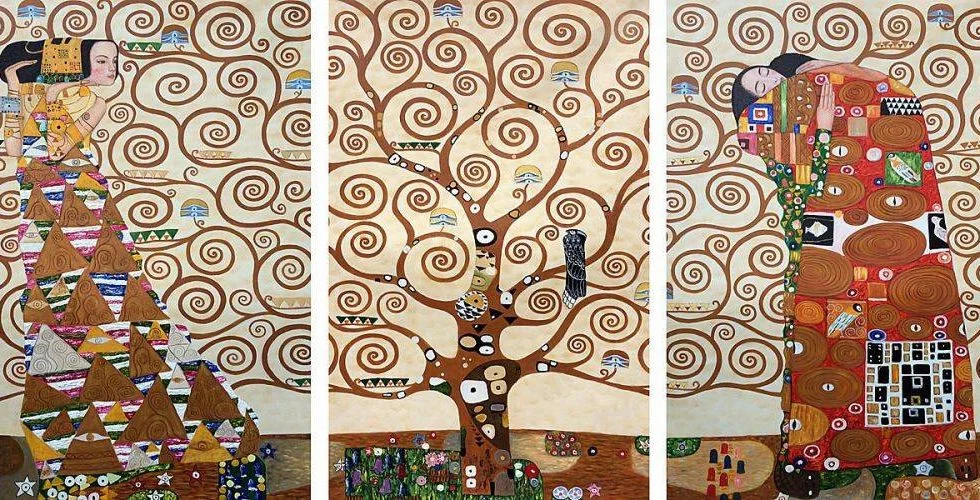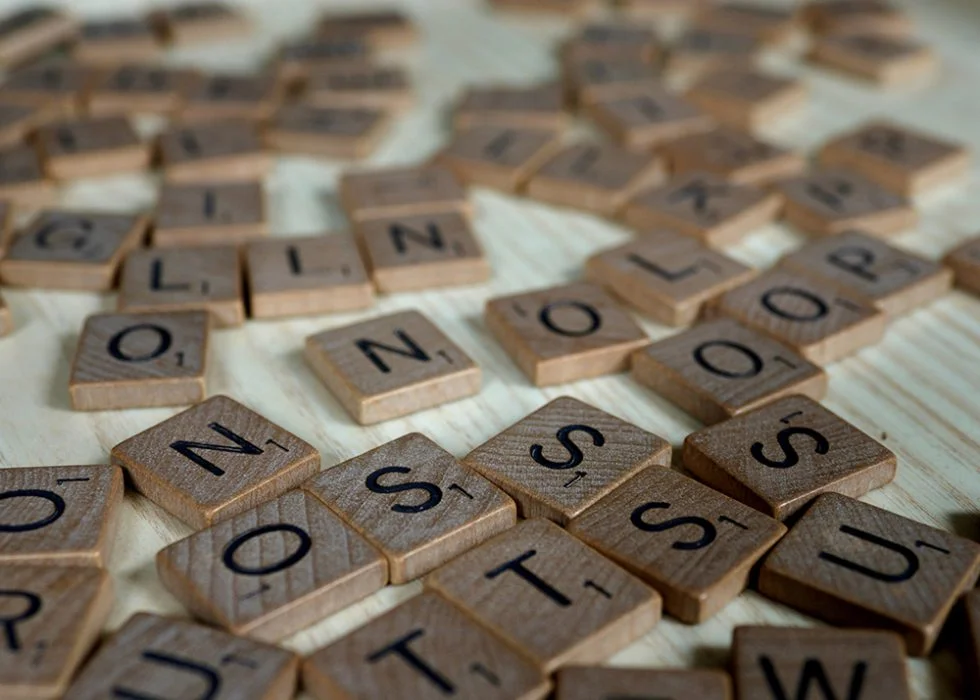Self-Knowledge • Know Yourself
No One Cares
We tend to begin our lives with a deeply unrepresentative experience: that of being surrounded by people who care to an extraordinary extent about us. We look up from the dreams and confusions of early infancy and may find a smiling face or two observing us with the utmost tenderness and concern. They watch us as a rivulet of saliva leaks slowly from the corner of our mouth and rush to wipe it away as if dabbing at a precious canvas, then indulgently stroke the fine soft hairs on our delicate scalps. They declare us close to supernatural when, at last, we succeed in pulling our first smile. The applause rings for days when we take our initial steps, giggle, totter, fall, and bravely try to resume our progress. There is astonishment and beatific praise when we arduously manage to form the letters of our own name. Throughout the early years, the big people intelligently coax us into eating broccoli or peas; they make sure we put on our rubber boots when it’s raining; they dance around with us to our favourite songs, they tuck us up and sing to us when we’re feeling sad or unwell. When we’re anxious, they try very sensitively to find out what might be the matter.

It isn’t just at home. At school, the best teachers encourage us when we find something difficult; they understand we might be shy; they’re keen to detect and encourage the early, tentative signs of our particular talents. Granny is no less kind. She keeps photos of us in her kitchen, she’s always interested in our artistic abilities – it can sometimes seem as if she doesn’t really have a life outside of the days when we come to visit. Even total strangers sometimes take a great deal of interest. The guy at the falafel stand in the market once offered us a serving of houmous for free – because he says we’re amazing. Quite a few old people have looked closely at us, smiled and called us lovely. It was strange of course, but (by now) not entirely unexpected either. Without anything arrogant or presumptuous being meant, it’s what we’ve come to expect.
Then, of course, we grow up and are inducted into a horrific reality: we exist in a world of astonishing indifference to almost everything we are, think, say or do. We might be in late adolescence when the point really hits home. We might be in a bedsit at university or wandering the streets of the city at night on our own – when it occurs to us, with full force, how negligible a thing we are in the wider scheme. No one in the crowds we pass knows anything about us. Our welfare is of no concern to them. They jostle against us on the pavements, and treat us as a mere impediment to their progress. Huge trucks thunder past. No one is going to stroke our head or wipe away our saliva now. We’re tiny against the towers and brightly-lit flashing advertising hoardings. We might die and no one would even notice.

It may be a stern truth – but we make it all the more so by focusing only on its darkest dimensions. We remain grief-stricken by how invisible we are, yet we cease to put this bracing thought to its proper philosophical purpose, that of rescuing us from another problem which is gnawing at us all the while: an ongoing and highly corrosive sense of self-consciousness.
In another side of our minds, we haven’t accepted the indifference of others at all, in fact, we know, and suffer intensely, from just how much (as we feel sure) others are thinking of us. We’re extremely worried about how high-pitched and odd our voice sounded when we asked the waiter for a bit more milk. We’re certain that the sales attendant noticed how out of shape our stomach is. The people in the restaurant where we’re eating alone are undoubtedly spending considerable time wondering why we have no friends. The concierge is obsessing that we aren’t posh enough for his establishment and probably won’t be able to pay the bill. At work, they’re still dwelling on that slightly stupid thing we said last month about the US sales strategy. A person we went to bed with four years ago is to this day thinking ill of us in some powerful but undefined way.
We don’t really have evidence for any of this, and yet it can feel like an emotional certainty. It is intuitively clear that our foolishness and less than impressive sides are being noted and dwelt on all the time by everyone at large. Every way in which we depart from what the world considers to be normal, upstanding and dignified has been registered by the widest constituency. ‘They’ can tell that we’ve bumped into doors, spilt things down our front, misremembered anecdotes, tried to show off and have something odd going on with our hair.
To liberate us from this punitive narrative, we may need to conduct a deliberately artificial thought-exercise; we may have to set ourselves the challenge of examining how long we spend on the foolishness (or just existence) of others. How we think and feel about people we don’t particularly know is perhaps the best guide to the workings of the average human imagination: to pretty much the rest of the world, we are the very same sort of strangers or casual acquaintances as we know and deal with in our own daily experience.
And here, the results can be surprising. Imagine that we’re in a lift, standing next to someone on our way to the 20th floor. They know we disapprove of their choice of jacket. They know they should have picked another one and that they look silly and pinched in this one. But we haven’t noticed the jacket. In fact, we haven’t noticed they were born – or that one day they will die. We’re just worrying about how our partner responded when we mentioned our mother’s cold to them last night.
Or it’s well into the last bit of a two hour meeting that we sense that a colleague’s hair really is a bit different today, though we can’t quite put a finger on how – even though they spent a small fortune on their cut and thought intensely about the wisdom of visiting a new salon.
Or we see that someone has a small scar on their chin. They suppose everyone thinks it’s the result of domestic violence, which makes them deeply indignant and close to wanting to return home and hide. But we have no thoughts at all about how they got it (in reality, it was a cycling accident last month). We’re just trying to cope with an overdue report and the onset of yet another debilitating migraine.
At a party, a social acquaintance explains how they’ve broken up with their partner. They feel this will be big news for us. We try to adjust our face in an appropriate pose: was this a liberation from a disastrous marriage or a tragic betrayal by someone they were deeply in love with? We don’t know and in reality, we just want to get back to our other friends in the kitchen.
Two people from the other office get together at a work conference; the next morning when they come down for breakfast, they’re blushing and embarrassed, imagining that everyone will be judging them for their morals. But we don’t: we’re just concerned with the train home; we have no idea how they should be living their lives.
In other words, when we take our own minds as a guide, we get a far more accurate – and far less oppressive – vision of what’s likely to be going on the heads of others when they encounter us, which is, in the nicest way, not very much.
In the 1560s, Pieter Bruegel the Elder painted a work called Landscape with the Fall of Icarus, now hanging in the Musee des Beaux-Arts in Brussels. It shows the last moments of the doomed mythological figure. But the genius, and the eternal lesson of the painting, is that the fate of the drowning Icarus is heavily downplayed on the canvas. One has to peer very closely at an area in the bottom right to spot the flailing limbs and the last desperate moments of the dying Greek. The center of the painting is taken up by a ploughman blithely guiding his horse. A shepherd is minding his flock. In the distance, we see a bustling city and ships heading in and out of a harbour. Everyone is serenely unaware of Icarus’s drama. The sun is shining. It’s appalling at one level, and hugely redemptive at another. The news is both very bad and strangely good: on the one hand, no one may notice when we die; on the other, they are also sure not to have noticed when we spill something down our front or do our hair the wrong way.
It’s not that we – or they – are horrible. Our lacking of caring isn’t absolute. If we really saw a stranger in trouble in the water, we would dive in. When a friend is in tears, we are sympathetic. It’s just that for the most part, we need to filter. Our everyday lack of care occurs for a perfectly sane and forgivable reason: we need to spend most our waking energies on navigating, and doing justice to, our own intimate concerns. Once we’ve had to think about our relationship, our career, our finances, our health, our close relatives, our offspring, our upcoming holidays, our friends and the state of our household, there will just be very little time left to reflect on the suddenly high-pitched voice of a customer or the outfit of a colleague.
We are owed the upside of an otherwise tragic insight. We shouldn’t just suffer from the indifference of others, we should – where it matters – properly reciprocate it. We shouldn’t merely suffer from being ignored, we should accept the liberation implicit in the fact that we are being so. And then, in turn, we should embark more courageously on those situations and adventures where a touch of foolishness is always a possibility; the start of a new business, a romantic invitation, a question at a conference… We may fail, but we can believe with new certainty that almost no one will give a damn if we do, an idea that may – above anything else – help to contribute to our success (something which, as we now know, no one will much notice or care about anyway).


























